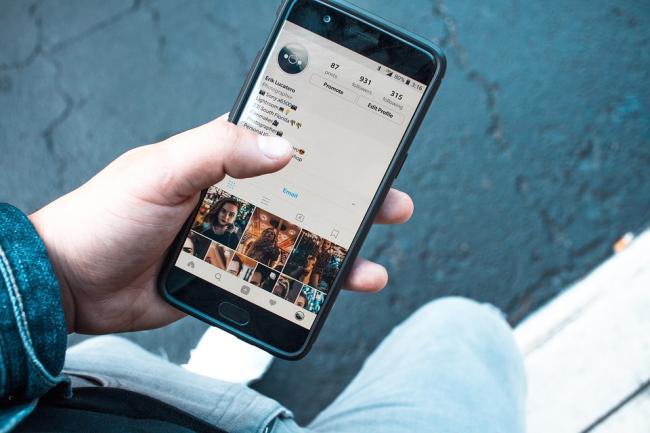
Social media use can be blamed for feeling lonely: Study finds
Pittsburg, Jan 23 (IBNS): Positive interactions on social media are not making young adults feel more connected, whereas negative experiences increase the likelihood of them reporting loneliness, scientists with the University of Pittsburgh Center for Research on Media Technology and Health (MTH) report today in the American Journal of Health Promotion.
The findings build on award-winning research the center conducted in 2017 indicating more use of social media was associated with increased feelings of loneliness.
“Social media is, seemingly, about connecting people. So it is surprising and interesting that our investigations reveal social media being linked to loneliness,” said lead author Brian Primack, M.D., Ph.D., director of Pitt’s MTH and dean of Pitt’s Honors College. “Perceived social isolation, which is a synonym for loneliness, is associated with poor health outcomes, such as high blood pressure, heart disease and depression. Because social media is so pervasive, it is critically important that we better understand why this is happening and how we can help people navigate social media without as many negative consequences.”
Primack and his team surveyed 1,178 West Virginia University students ages 18 to 30 about their social media use, to what extent their experiences were positive or negative, and their level of perceived loneliness. The authors studied these perceptions of social media interactions across whatever combination of platforms students were using.
For every 10 percent increase in negative experiences on social media, the participants reported a 13 percent increase in feelings of loneliness. However, for every 10 percent increase in positive experiences on social media, the participants reported no statistically significant change in feelings of loneliness.
It is not clear whether people who feel lonely are seeking out or attracting negative social media experiences, or if they are having negative social media experiences that are leading to perceived isolation, said author Jaime Sidani, Ph.D., who also is assistant director of Pitt’s MTH.
“There is a tendency for people to give greater weight to negative experiences and traits compared with positive ones, and this may be particularly relevant when it comes to social media. So, positive experiences on social media may be associated with fleeting positive reinforcement, while negative experiences – such as public social media arguments – may rapidly escalate and leave a lasting, potentially traumatic impression,” Sidani said. “It also may be that socially isolated people lean toward social media use that involves negative interactions. It is probably a mix of both.”
Although the research team recommends more study to further explain and replicate their research, the findings are strong enough to warrant efforts to intervene now to reduce feelings of loneliness associated with social media use.
“Health practitioners may encourage the public to be more cognizant and thoughtful regarding their online experiences, thereby interrupting a potential cycle of negative experiences and loneliness,” said Primack. “It may be useful to encourage awareness and education around positive and negative social media experiences.”
Additional authors on this research are Sabrina A. Karim, B.A., and Ariel Shensa, M.A., both of Pitt; and Nicholas Bowman, Ph.D., and Jennifer Knight, M.A., both of West Virginia University.
This research was funded by The Fine Foundation.
Support Our Journalism
We cannot do without you.. your contribution supports unbiased journalism
IBNS is not driven by any ism- not wokeism, not racism, not skewed secularism, not hyper right-wing or left liberal ideals, nor by any hardline religious beliefs or hyper nationalism. We want to serve you good old objective news, as they are. We do not judge or preach. We let people decide for themselves. We only try to present factual and well-sourced news.







